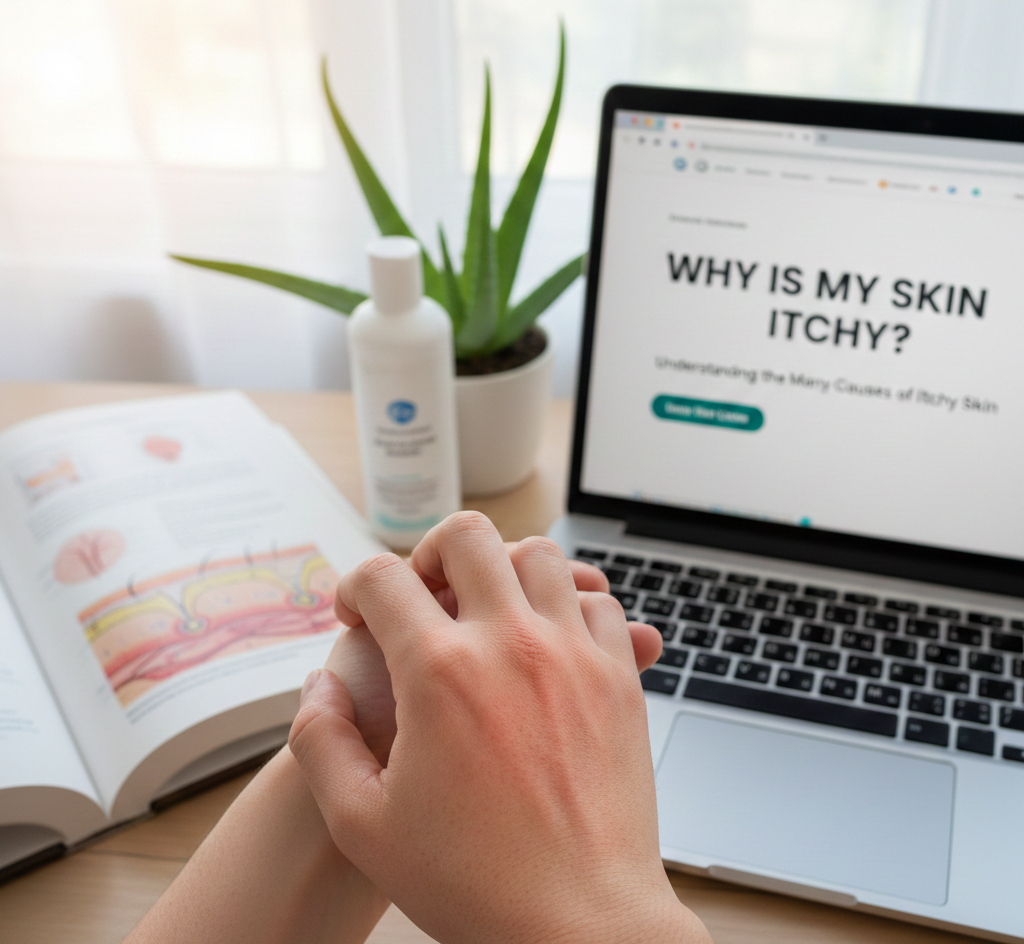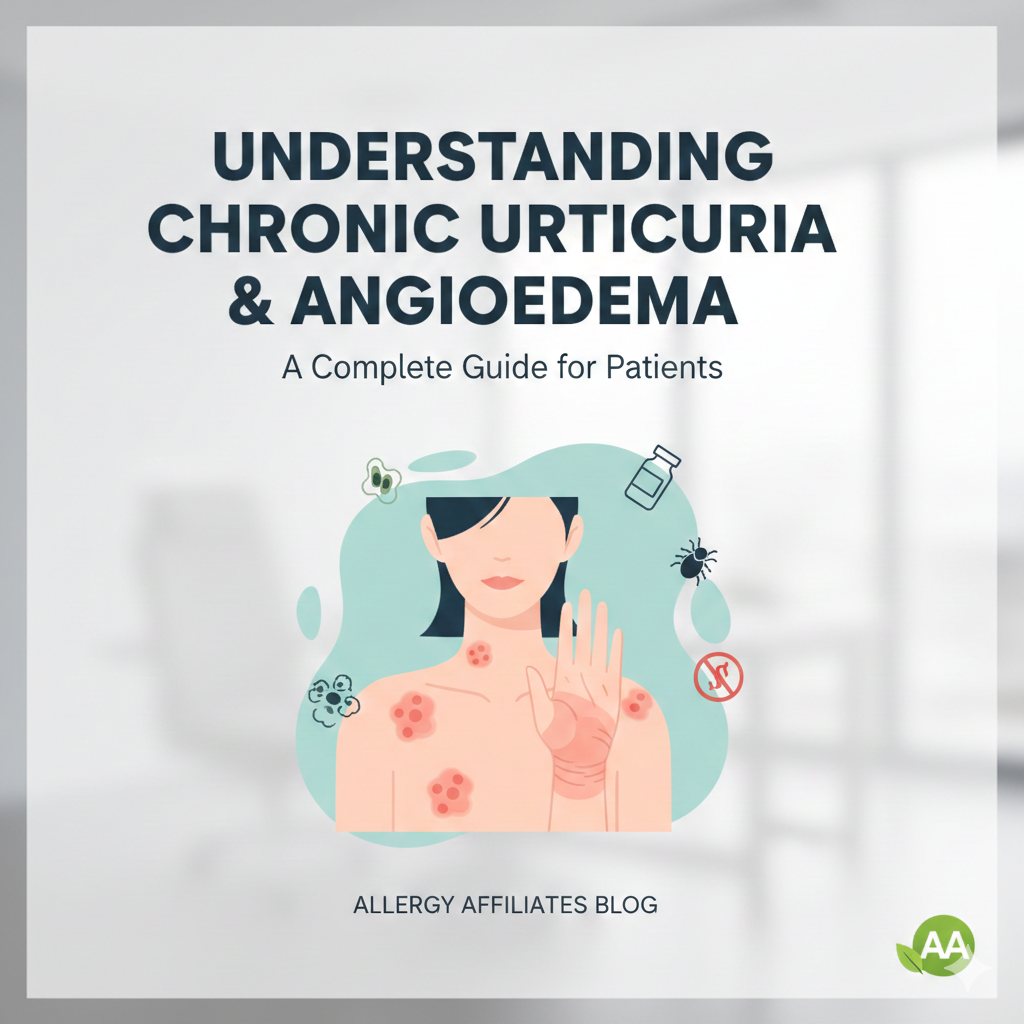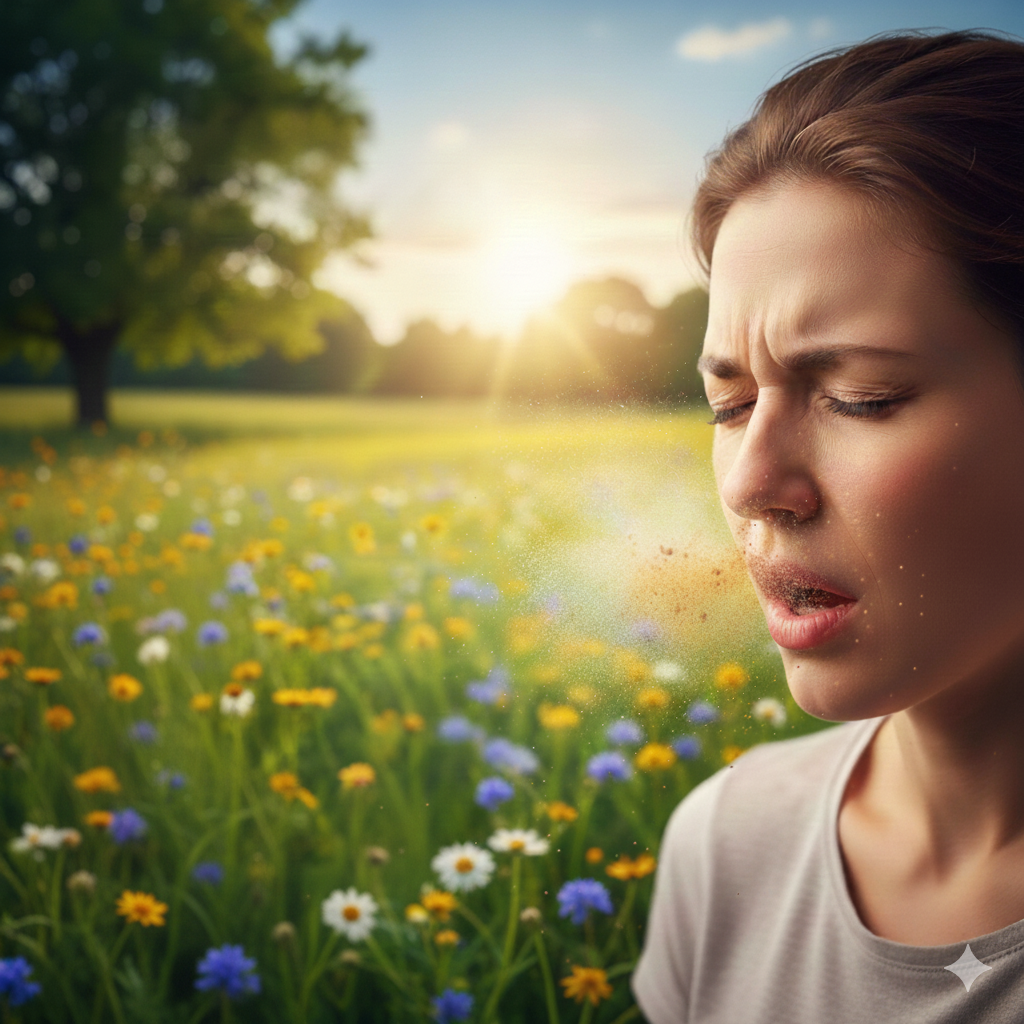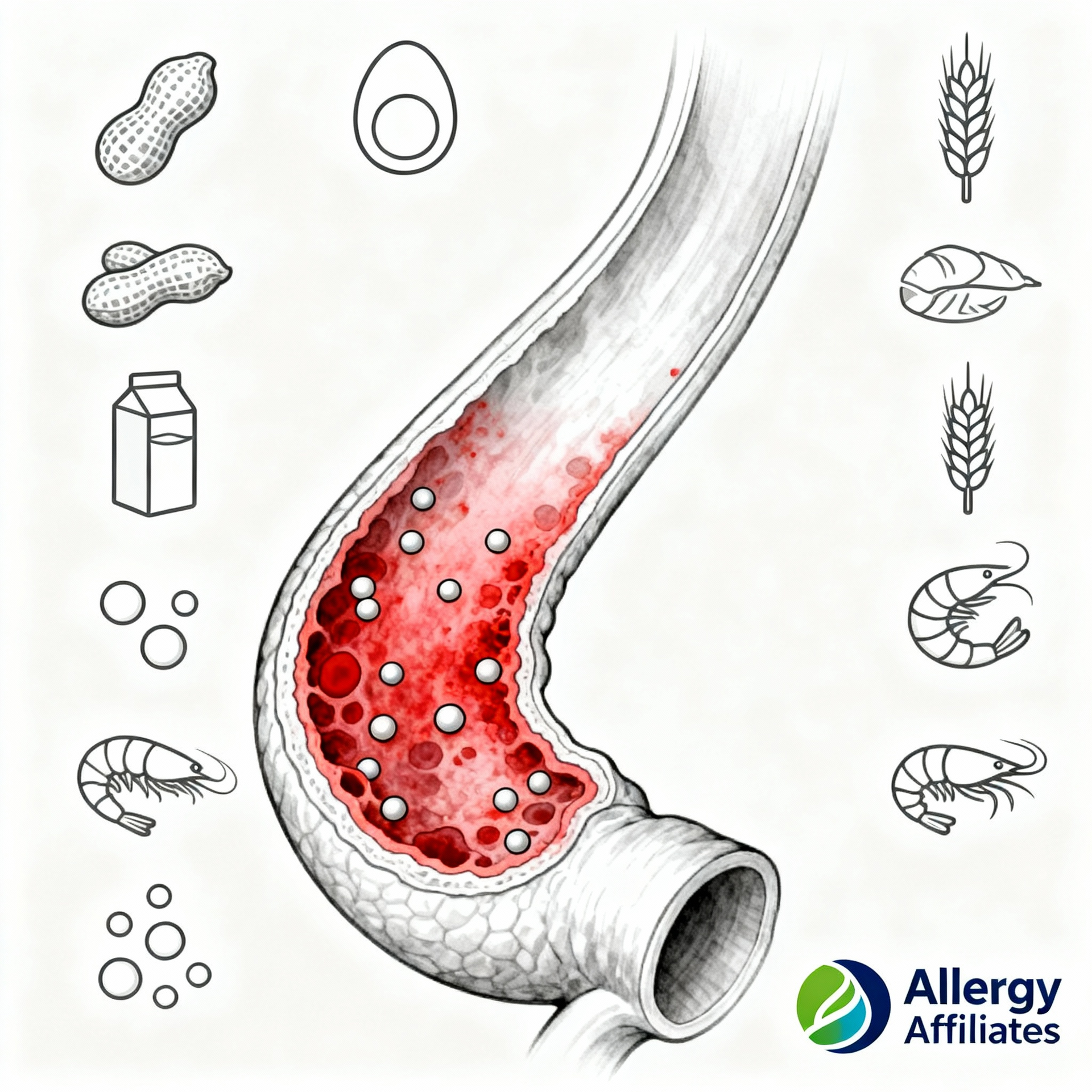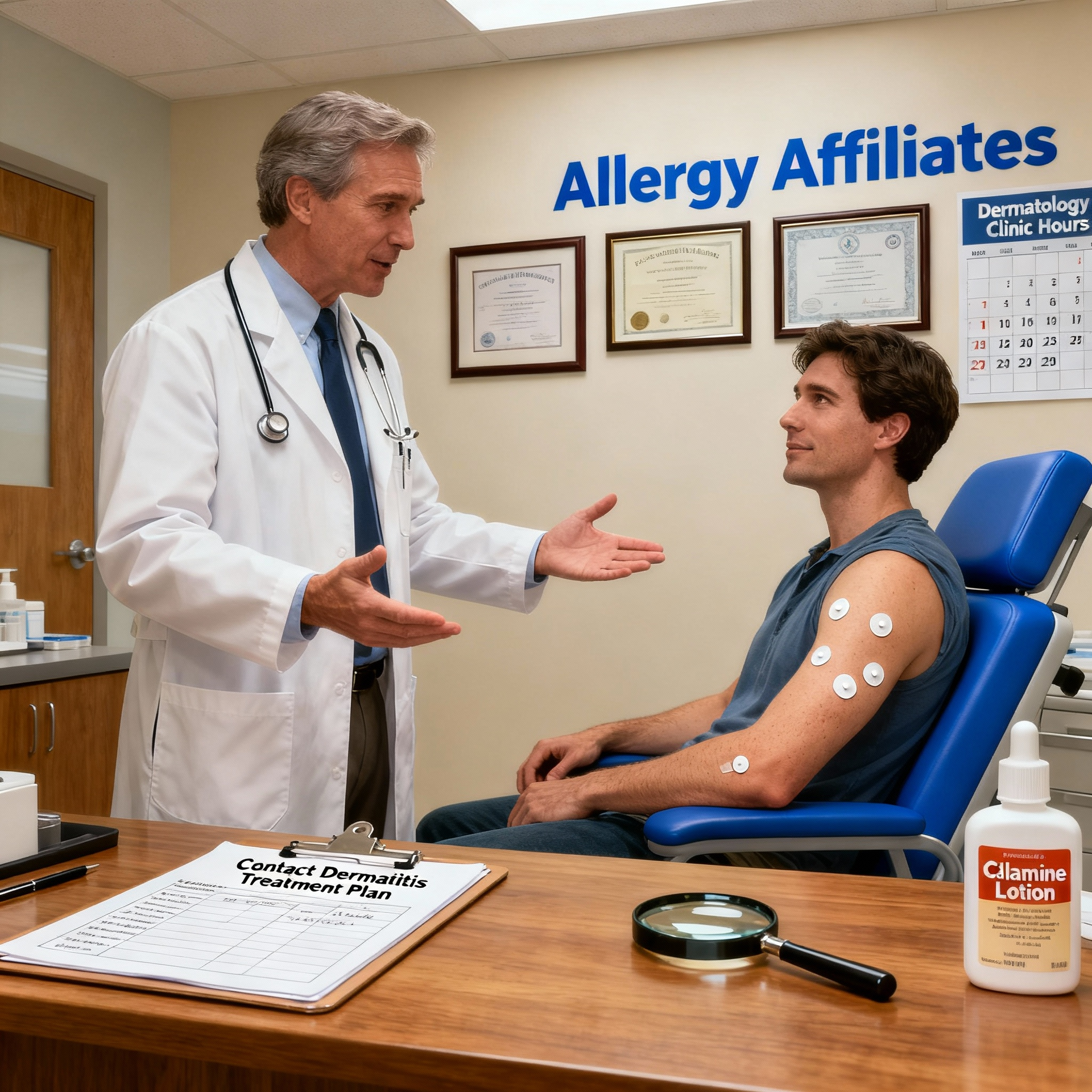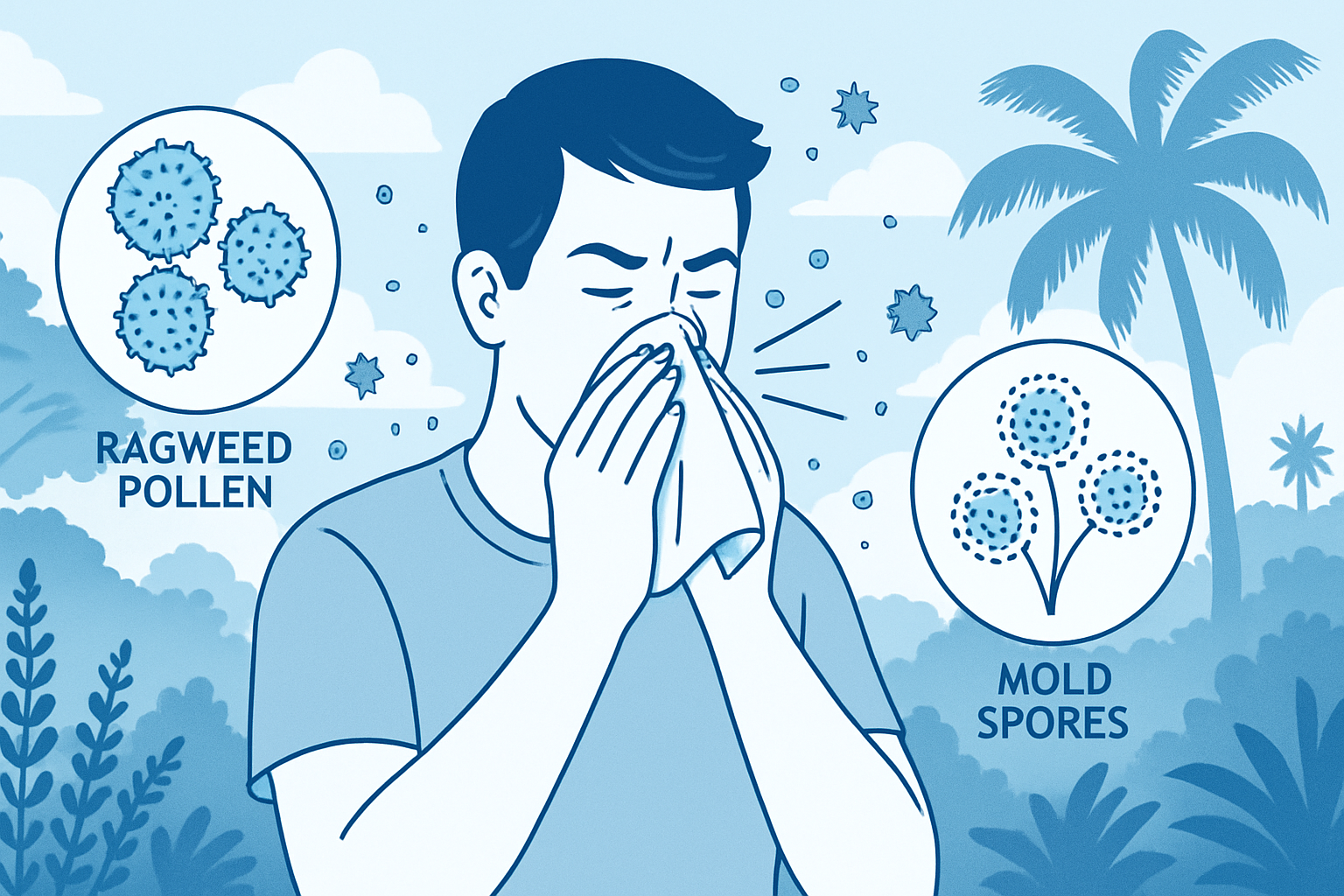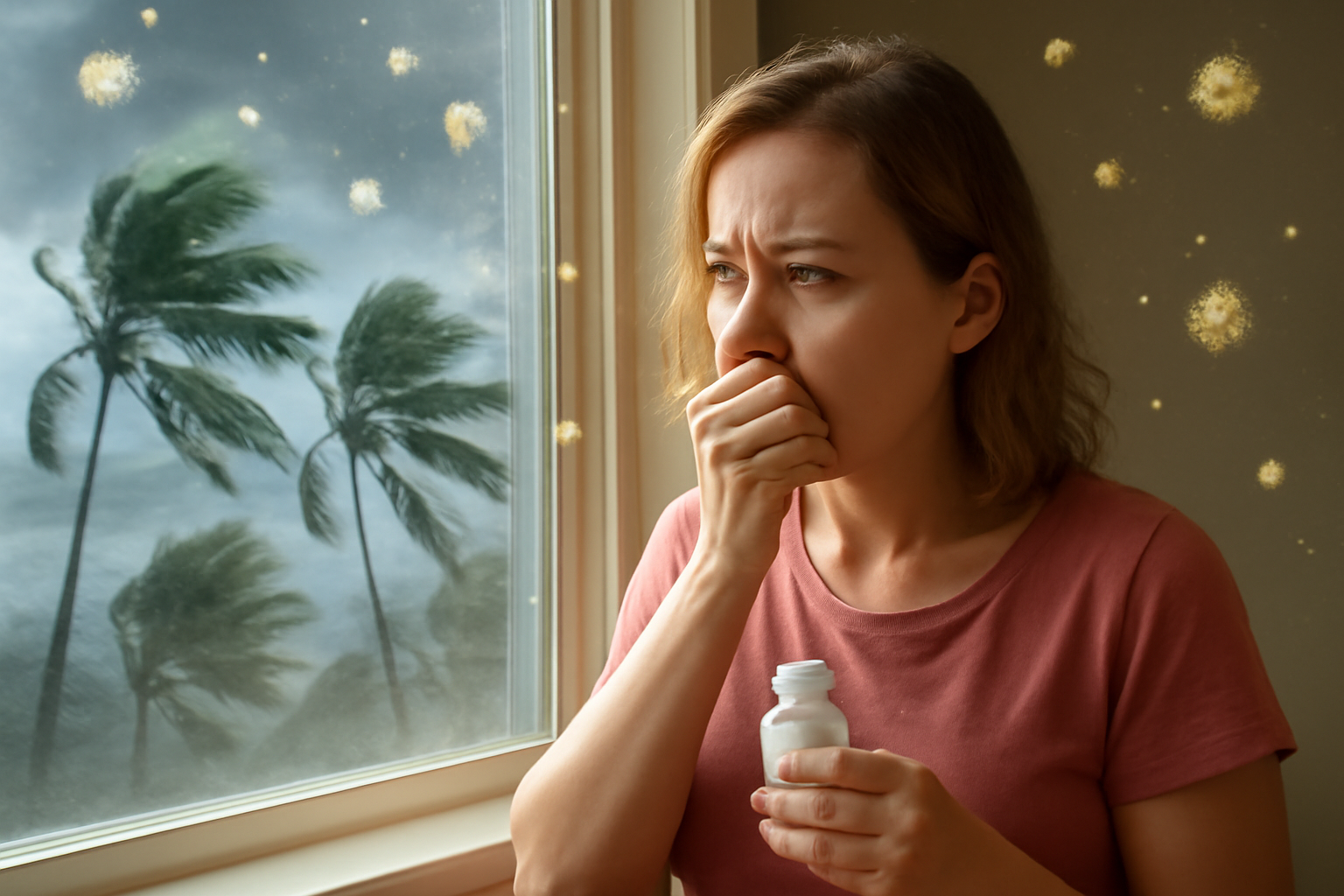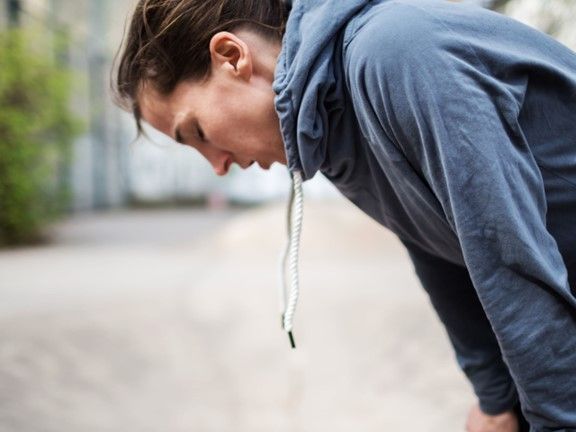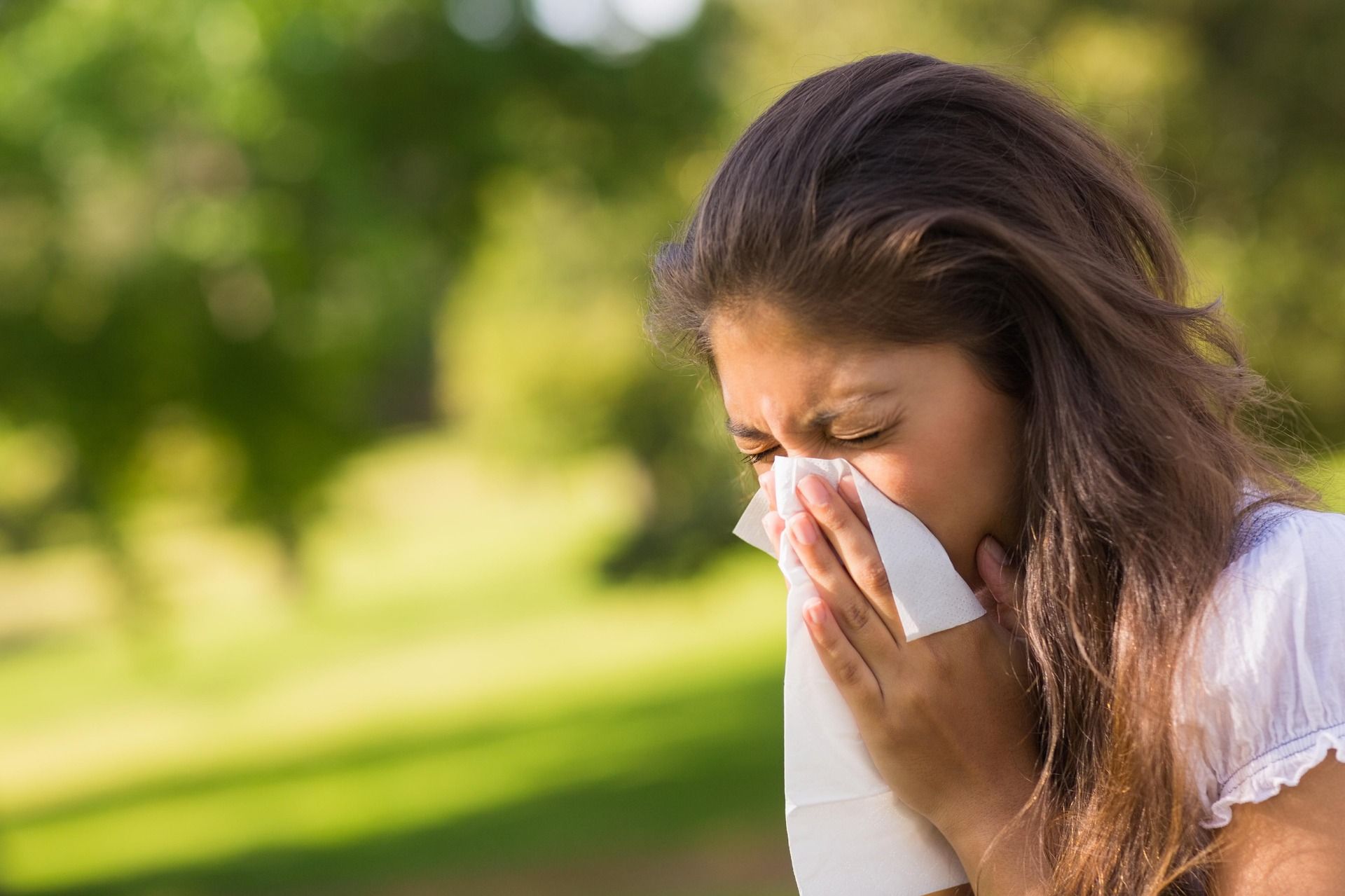
Welcome to Allergy Affiliates: Your Local Allergy Experts
Living in beautiful Bradenton, Florida, offers countless joys - from stunning beaches to year-round sunshine. However, for allergy sufferers, the local flora can sometimes turn paradise into a sneezing nightmare. That's where we come in. At Allergy Affiliates, we're dedicated to helping you breathe easier and enjoy all that our lovely city has to offer.
Common Allergens: Pollen and Mold
Bradenton, like much of Florida, is a haven for pollen and mold. The area's warm climate and lush landscape mean that plants are almost always in bloom, releasing pollen into the air for most of the year. Common culprits include:
- Trees: Oak, pine, and cedar trees are known to release large amounts of pollen, especially during the spring months.
- Grasses: Bermuda grass and other varieties can cause trouble, particularly in the summer and fall.
- Weeds: Ragweed, in particular, is notorious for triggering allergic reactions in late summer and early fall.
Besides pollen, mold is another major allergen due to Florida's humid conditions. Mold spores can thrive both indoors and outdoors and are often prevalent after rainy periods. You might find them in damp areas like bathrooms, kitchens, and basements.
Seasonal Allergy Patterns
In Bradenton, allergy seasons are longer compared to colder climates. Understanding the pattern can help you prepare for peak allergy times:
- Spring (February to May): Tree pollen tends to dominate the scene, often leading many to experience symptoms like sneezing and itchy eyes.
- Summer (June to August): Grasses and molds are more active, especially with the increase in humidity levels.
- Fall (September to November): This is typically when weed pollens, particularly ragweed, take center stage.
- Winter (December to January): While the cooler months might offer a brief respite, mold and dust mites can still be problematic indoors.
The Impact of Humidity on Allergies
One of the defining characteristics of Florida's climate is its humidity, which plays a significant role in exacerbating allergies. High humidity levels can:
- Encourage the growth of mold and dust mites, both potent allergens that thrive in damp environments.
- Increase pollen stickiness, causing it to linger in the air longer.
- Make breathing feel laborious during allergic flare-ups, making it harder for those with respiratory issues.
For allergy sufferers, keeping an eye on the daily humidity levels and trying to minimize exposure during high periods can be crucial for symptom management.
Allergy Relief Strategies
Now that we've understood what causes those frustrating allergy symptoms in Bradenton, let's explore some effective strategies to help you breathe easier and enjoy your time in this sunny paradise.
Over-the-Counter Medications
While lifestyle changes can certainly help, many people find relief from over-the-counter (OTC) medications, such as:
- Antihistamines: These work by blocking the action of histamine, which your body produces in response to allergens. Popular options include loratadine (Claritin) and cetirizine (Zyrtec).
- Nasal sprays: Decongestant nasal sprays like oxymetazoline can provide rapid relief for a stuffy nose, while steroid nasal sprays, such as fluticasone (Flonase), help reduce inflammation over time.
- Eye drops: Antihistamine eye drops can soothe itchy, red eyes caused by allergies.
Always follow the instructions on these medications and consult with a healthcare provider if you have any questions or experience side effects.
Natural Remedies and Lifestyle Adjustments
If you prefer a more natural approach to managing your allergies, here are some tips and remedies that might help:
- Local Honey: Some people find relief by consuming local honey, as it may help your body build up a tolerance to local pollen.
- Nasal irrigation: Using saline solutions to rinse your nasal passages can help flush out pollen and decrease nasal symptoms.
- Essential oils: Oils such as eucalyptus or peppermint can provide relief when diffused or applied topically (be sure to dilute with a carrier oil).
- Avoidance strategies: Try to stay indoors during peak pollen times, keep windows closed, and use an air conditioner to circulate clean air.
Importance of Air Quality and Filtration
Creating a safe haven indoors with good air quality is a cornerstone of allergy management. Consider these steps:
- Air purifiers: Invest in a high-efficiency particulate air (HEPA) filter for your home. These devices remove allergens like pollen, mold spores, and dust mites from the air.
- HVAC maintenance: Regularly change air conditioning and heating filters to ensure they’re free of pollen and dust build-up.
- Humidity control: Use dehumidifiers to maintain indoor humidity levels between 30-50%, reducing mold and dust mite growth.
- Vacuum regularly: Use a vacuum with a HEPA filter to clean floors and fabrics, which can trap pollen and dust.
By taking these steps, you can significantly improve your home’s air quality, contributing to fewer allergy symptoms and greater comfort all year round.
Environmental Measures for Allergy Control
Living in Bradenton, where the sun often shines and the air feels like it’s hugging you, is generally a delight. However, if you’re one of the many who suffer from allergies, those blooming flowers and lush greenery might not seem so charming. The good news is that there are plenty of strategies to help control allergens both inside and outside your home. Let's explore these strategies so you can enjoy all that Bradenton has to offer without the constant sniffles.
Managing Indoor Allergens
Your home is your sanctuary, so let's make sure it stays a place where you can breathe easy. Here are some friendly suggestions for keeping indoor allergens at bay:
- Use HEPA Filters: Invest in a high-quality HEPA (High-Efficiency Particulate Air) filter for your air conditioner and vacuum cleaner. HEPA filters trap tiny particles such as pollen, dust mites, and pet dander, preventing them from circulating in your indoor air.
- Regular Cleaning: Make cleaning your new best friend! Dust surfaces and vacuum carpets and rugs regularly to keep allergens at a minimum. Focus particularly on areas where pets spend time and ensure to wash pet bedding frequently.
- Control Humidity: Mold thrives in humid environments. Use a dehumidifier to keep indoor humidity levels below 50%. This helps prevent mold growth, which is a common allergen in humid climates like Florida.
- Hypoallergenic Bedding: Opt for hypoallergenic mattress covers and pillowcases. These prevent dust mites and other allergens from setting up shop in your bed.
- Ventilation: Proper ventilation is key. Use exhaust fans in kitchens and bathrooms and regularly open windows to allow fresh air to circulate, especially after cooking or cleaning.
Landscaping Tips to Minimize Pollen Exposure
Your garden can still be a paradise without turning your nose into a waterfall. Thoughtful landscaping can reduce your exposure to pollen:
- Plant Choices: Choose plants that are less likely to trigger allergies. Opt for female plants that produce seeds rather than pollen. Consider plants such as palms, crepe myrtles, and hibiscus, which are less likely to trigger allergies.
- Regular Maintenance: Keep your yard well-maintained. Mow the lawn often and trim trees and shrubs to reduce pollen levels. It's best to do this work when pollen counts are lower, like in the late afternoon or right after rain.
- Avoid Allergens: Some trees and plants are big allergen producers. Try to steer clear of oak, birch, and cypress trees if allergies are a concern.
Navigating Outdoor Activities During High Pollen Days
Living in Bradenton means sunshine most of the year, enticing you to head outdoors. Here's how to balance your love for the sun with your allergy symptoms:
Check Pollen Levels: Always check the local pollen forecast before making outdoor plans. Many weather apps and websites offer daily pollen counts.
- Time it Right: Pollen levels are usually highest in the morning. Try to schedule outdoor activities for later in the day or after a rainstorm, when pollen is washed away.
- Protective Gear: Wear sunglasses to protect your eyes from pollen and a hat to keep pollen out of your hair. If you're particularly sensitive, a face mask can help filter out pollen.
- Shower Wisely: After spending time outside, take a shower and change clothes to remove any pollen you may have picked up.
Seeking Professional Help
While home strategies play an essential role, sometimes you need that extra expert edge to keep allergies at bay. Consulting with a professional can provide you with personalized guidance and treatment options.
When to Consult an Allergist
It's time to see an allergist if:
- Your allergy symptoms are severe or persistent, impacting your daily life.
- Over-the-counter medications aren't providing sufficient relief.
- You're unsure about which allergens are causing your reactions.
- You're dealing with frequent asthma symptoms alongside allergies.
Seeking professional advice can help you manage symptoms more effectively and improve your overall quality of life.
Take the First Step Towards Relief
Are you ready to take control of your allergies? Contact Allergy Affiliates today to schedule your consultation. Let's work together to ensure you can fully embrace all the beauty and adventure Bradenton has to offer - without the sneezing and wheezing!
Remember, life's too short to let allergies steal your sunshine. Reach out to us, and let's start your journey to allergy relief today!
